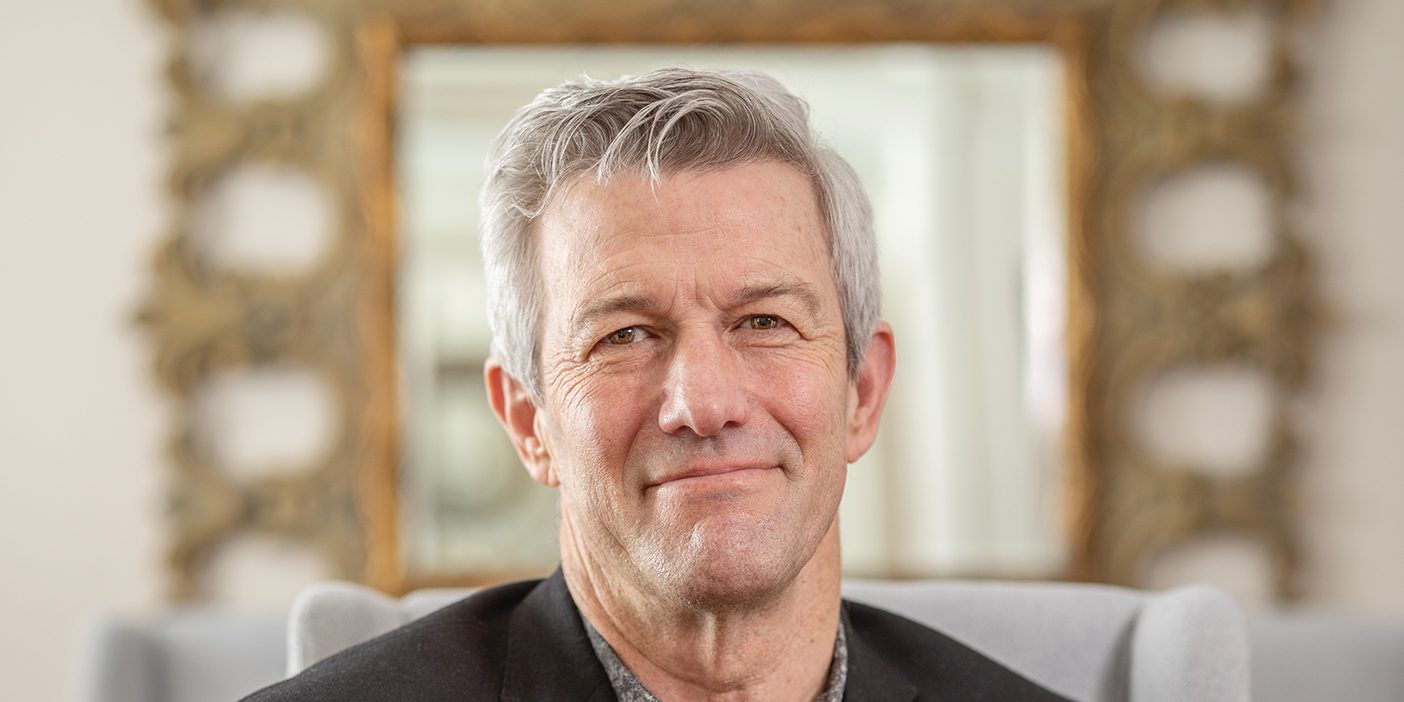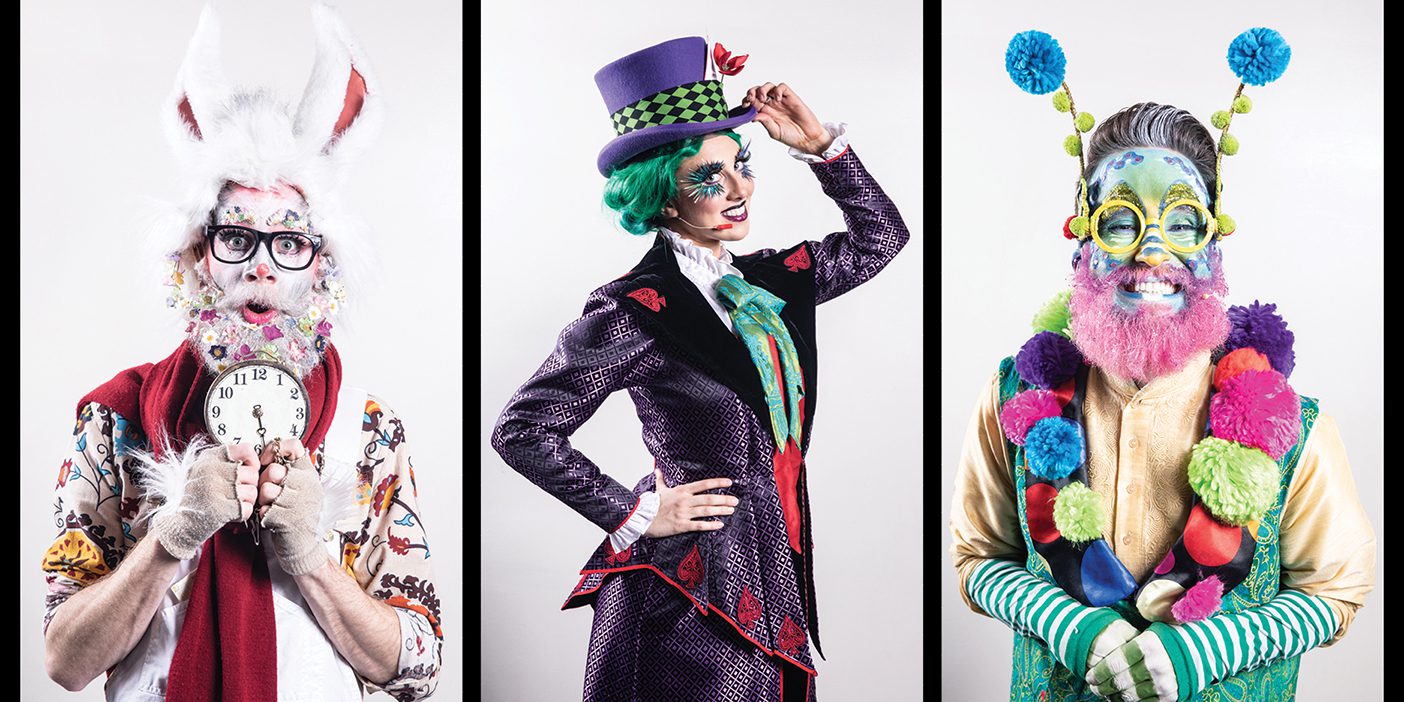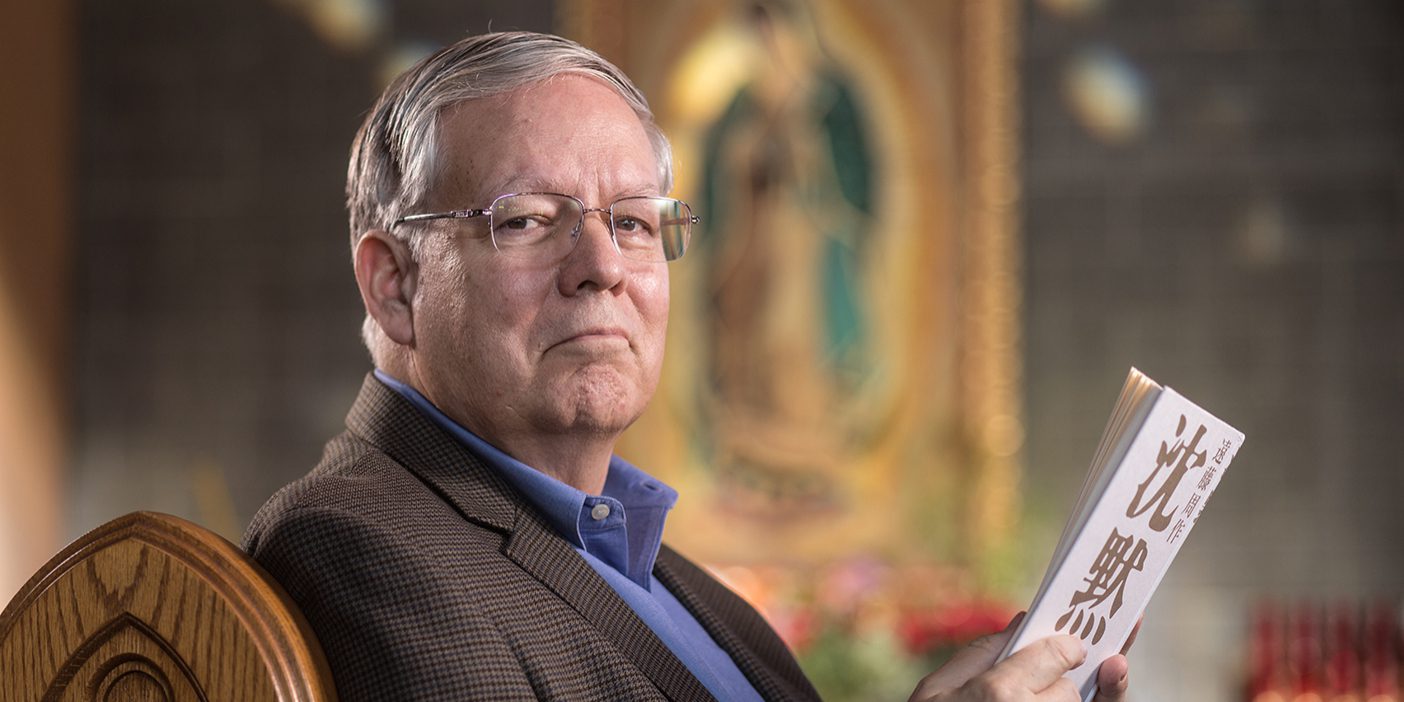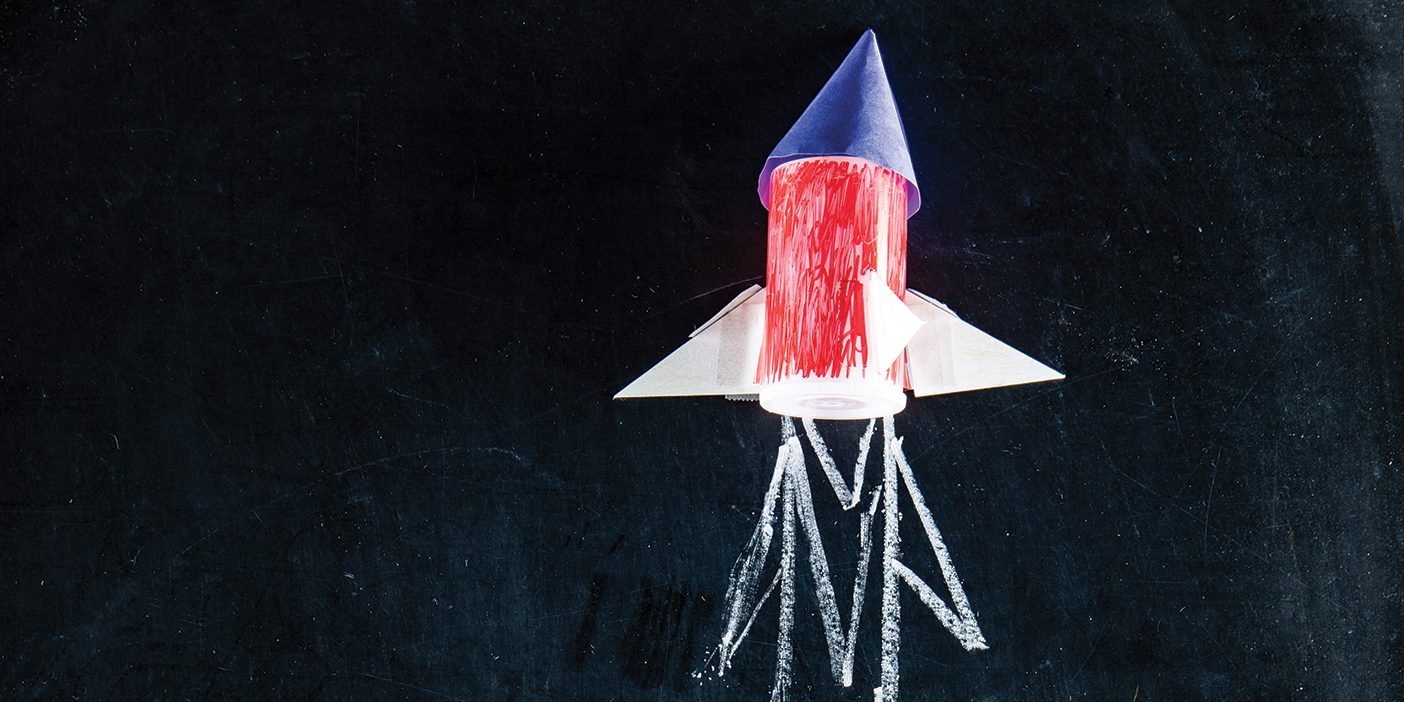
Filmmaker Mitchell A. Davis (BA ’82) worked for Disney on movies like Dead Poet’s Society and Newsies while earning a graduate degree in film production at the University of Southern California. He’s best known for his 2001 film, The Other Side of Heaven. The project, 21 years in the making, chronicles Elder John H. Groberg’s (BS ’58) experiences as a young missionary in Tonga. With support from BYUtv, Davis has filmed a sequel, set 10 years after the original movie, to be released in theaters in June.
“I was walking along a street in Córdoba, Argentina, with my missionary companion and heard as close to a voice as I’ve ever heard with a spiritual experience. The voice said, ‘Someday you will make a movie about what it means to be a Mormon missionary.’ That was an absolute contravention of my plans at the time to become a sports writer for my local newspaper.”
“I went back to BYU in search of a path to become a filmmaker. I had already declared myself an English major, so I began to focus on the creative-writing side and had really transformative experiences with professors who taught me about the value of understanding and honestly communicating the humanity of our faith and its members.”
“My first four years after graduating, I did a job that was not the slightest bit satisfying for me intellectually or spiritually. I had to pay off my student loans, and so I took a corporate job selling mainframe computer systems to banks. Every night I had this feeling that I was supposed to be doing something else.”
“My wife and children and I have taken lots of leaps of faith and made lots of sacrifices. . . . Two or three times we have mortgaged our house and sold our cars and put everything on the line. The first time was to go back to film school at USC; the second time was to quit my job and dedicate myself full-time to getting The Other Side of Heaven made.”
“Making movies is really, really hard. You write a poem with a piece of paper and a pencil. You make a movie with an army, encountering logistical and financial nightmares on a regular basis. It is an all-consuming process. But no important undertaking is a cakewalk.”
“Film is the medium of the masses. It rules our planet as the current, and I believe future, lingua franca. The multiplication of and dispersion of handheld devices throughout the world only enhances that. You can now find Maasai herdsmen on the Serengeti who have iPhones and can opine to you about the latest Netflix show.”
“Two movies fundamentally framed my view of the world and cinema’s place in it. One was It’s a Wonderful Life, a film that says every person can make a difference no matter the odds. Watching it the first time in a class at BYU was not a cinematic experience; it was a spiritual experience for me. For three days I walked around campus in a daze, picking up litter and opening doors for people. That movie just made me want to be a better person. The other movie that really influenced me is the dark, tragic film The Killing Fields, which showed film’s power to overwhelmingly propagandize against evil. So one film was just shining a bright light, and the other was shining light into a dark place.”
“Stories are immortal; stories last. When you tell a story well, whether it be in the oral tradition or the written word, be it an oil painting or song, it becomes a living thing and lives its own life and goes about the world doing good or bad.”
“If we don’t tell our story and just hand it off to somebody else, we can’t whine about what they say about us. We can’t complain about their rendition of us because we didn’t have the guts . . . to do it ourselves.”
“Stories create the water in the pond we all swim in. That water can either be putrid and dark and polluted or it can be clear and give light and life to those swimming in it. I want to be able to swim in cleaner, clearer water, and I want my kids and grandkids to be able to do that as well.”












